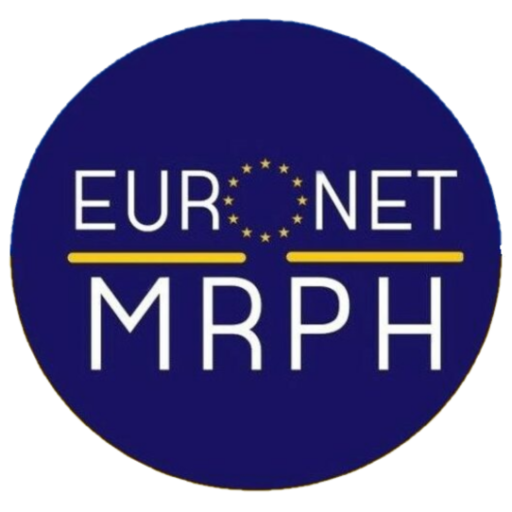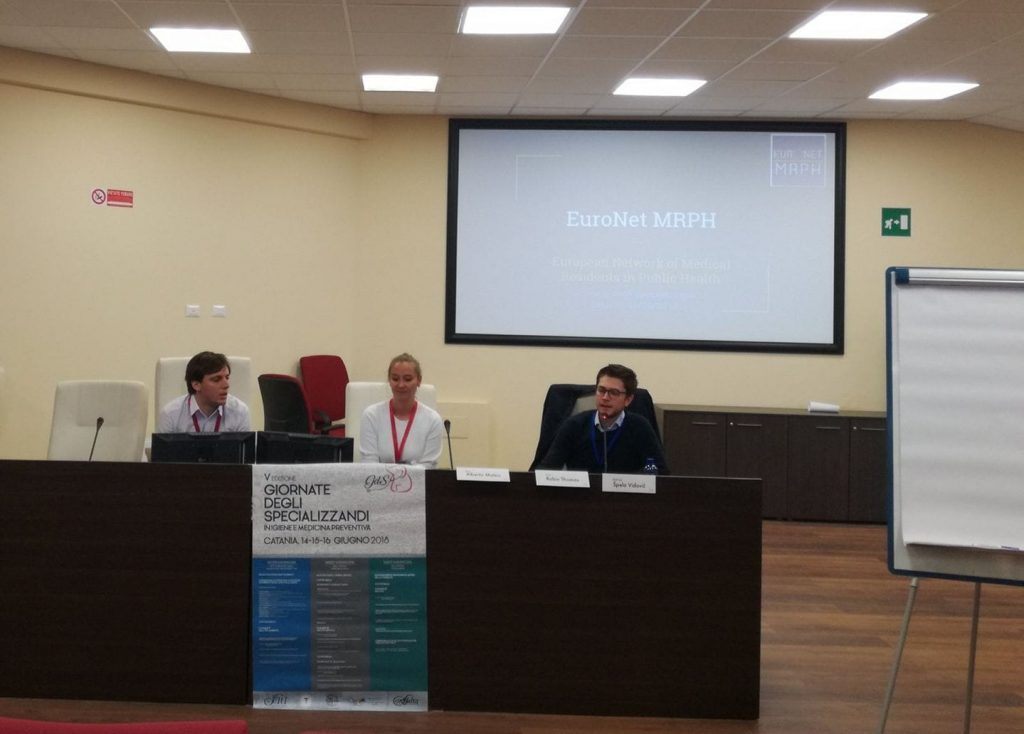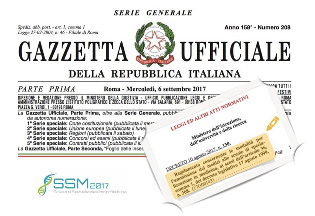On Friday the 15th of June, we had the opportunity to present a workshop at the “Giornate degli Specializzandi di Igiene e Medicina Preventiva”. This is an annual congress that brings together all the public health residents in Italy. This year it took place in the beautiful city of Catania, Sicily.
The workshop was organised on the second day of the congress. Alberto, EuroNet’s president, and Spela, E-RECT’s working group lead, presented the session. During the workshop, both euroneters described the network to our Italian colleagues, as well as the work that we do in relation to improving the public health training programmes in Europe.
After a couple of short presentations, the Italian residents were divided in groups and asked to give their opinion about how public health could be promoted as a popular specialty among medical students; and about the good and not so good aspects of their residency programmes. Their responses were discussed and collected, so that they can inform future work of the network.
The workshop proved to be popular, generating useful discussions which prove the importance of the topic.
We were also able to see old euroneters who we hope to see soon and to meet new residents, some of which have been gifted with EuroNet’s party spirit (to be continued in Valencia). We really enjoyed the Sicilian hospitality, which included a large amount of aubergines and late parties.
We want to thank specially Robin Thomas, who was “in charge” of us. He really did a fantastic job and we are very grateful to him.
We hope this is only the beginning of EuroNet’s involvement in national events such as this one. By being present in this type of congresses, we ensure that our work is aligned with the interests of public health residents across all European countries.
Once again, grazie per tutto EuroNet Italy!
EuroNet Summer Meeting – Programme for Valencia 2018
Next EuroNet’s meeting programme is now available.
Registration form: https://goo.gl/D8khgu
Meeting venue: Faculty of Medicine, Avda Blasco Ibañez nº 15, 46010 Valencia
EuroNews MRPH #14
EuroNews #14 has been published!
Enjoy the reading!
EuroNews #14: https://euronetmrph.org/news-newsletter/
“FUNI” Workshop
Thanks to our Italian members, EuroNet has been given the opportunity to organise a workshop at the Giornate degli Specializzandi in Igiene e Medicina Preventiva, which will take place on the 15th of June in the beautiful city of Catania.
Our president Alberto Mateo and E-RECT’s WG lead Špela Vidovič will lead the workshop, titled “FUNI” (Facilitating residents’ mobility, Undertaking research, Networking, Improving residency programmes). For one hour and a half, they will lead a discussion on how training programmes work across Europe; what the strengths and weaknesses of each programme are; how we can improve them and what EuroNet is already doing.
The workshop will be a fantastic opportunity to present and promote our network, as well as some of the work that we are doing, particularly in relation to the E-RECT study and the Professionalisation Working Group.
Our Italian members will be facilitating the workshop, making sure it is a success. They will also be in charge of showing the city to Alberto and Špela, as well as making sure they try some of the finest Sicilian food and wine. Pictures and report will follow the workshop. So, stay tuned!
Residency access in Italy: how did it change?
In Italy, procedures of application in medical residency have been deeply re-elaborated in the last four years. Until 2013, in order to pursue their own careers, young graduate doctors had to choose the University and the affiliated healthcare facility where they wanted to specialize, and take an entree exam there in these structures, through a local competition.
A first fundamental reform took place in 2014, when the introduction of a national competition replaced the hundreds of exams in the different Italian universities. Therefore, candidates were asked to individually choose up to six different branches of medicine, as well as to locate some preferred facilities; after the competition, the Ministry of Education, University and Research (MIUR) issued several national rankings, one for each medical specialization. The examination consisted of a multiple-choice test subdivided into a first general part identical for all, a second one based on three different macro-areas (medical area, surgical area, and area of health services), and a final ten-question test specific to different branches. In the following two years, residency access competitions remained almost unchanged.
Yet, the 2017 edition, albeit being structured along the lines of the previous ones, has been developed following a new regulation adopted by the MIUR on September 6th, with the purpose of streamlining and making the test procedures more transparent. Moreover, access to the different Schools of Specialization is now regulated by an annual national multiple-choice test. This test is the same for all students throughout the country, and it consists of 140 questions about key topics related to Medical School’s programmes, as well as some questions more specific to all the different medical branches.
A single national ranking including all the participants is then drafted based on the test’s scores. Starting from top of the list, each participant doctor who won a place as a resident is contacted in order to let him choose and declare both the preferred school of specialization and the selected city facilities. Each doctor is given the possibility of choosing up to three different kind of residencies, in order of preference. The achievement of high test scores allows to get a good ranking. The final score is calculated by summing the number of correct answers (that are worth 1 point each, while each wrong answer means losing 0.25 a point) to “extra-test” points, represented by University curriculum, which weighs definitely less than it used to in the previous tests ; in fact, now it is less than 7 points – rather than 15 – consisting of: up to 2 points for the degree grade, up to 3 points assigned after the weighted average of university exams’ grades, 0.5 a point per an experimental graduation thesis, and 1.5 points for a previous Ph.D.
Each annual edition of this new modality of residency access has to be specifically addressed by a competition notice published around the month of May.
In conclusion, this new national test was held last November, and, starting from December 4th, the awarded candidate doctors were able to choose the preferred available facilities, in a batch process depending on their score and rank position. The last residents’ allocation was held on December 22nd.
To those who have just started their training activities, all that remains for us to do is to wish you good luck, or if you prefer, buona fortuna!
More details at: MIUR, Italy – www.miur.gov.it
_________________________
Pietro Ferrara
Public Health Resident, University of Campania “L. Vanvitelli”, Naples, Italy
Viola Del Prete
Public Health Resident, University of Campania “L. Vanvitelli”, Naples, Italy
(As published in EuroNews #13)




